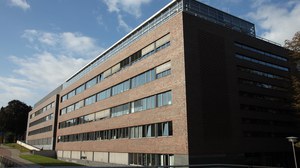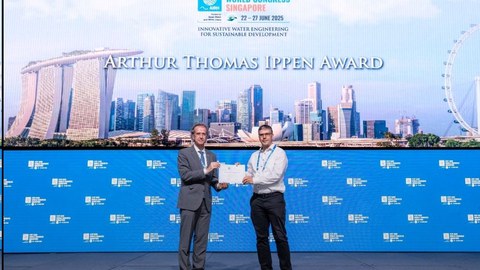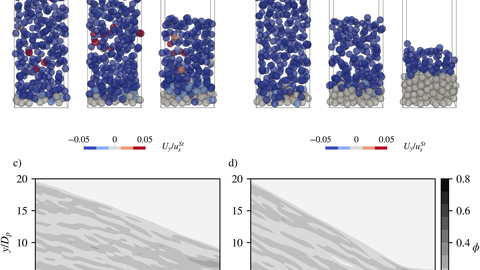 © TU Dresden
© TU Dresden
The Chair of Transport Processes in Hydro Systems
Rivers and coasts as a resource and source of food as well as a means of transportation have always shaped human settlement activity. This behavior is directly reflected in the design of the landscape in which we live today. The associated transport processes of nutrients and pollutants therefore play a key role in the management of these habitats. The dynamics and variability of these processes have increased as a result of global change in general and climate change in particular, so that the efficient management of extreme hydrological events (droughts and floods) has become a pressing problem in the sustainable development of settlement and natural areas. This requires both the guarantee of water availability in sufficiently good quality and the mitigation of potential hazards caused by excessive excess water in the form of floods and inundations.
The Chair of Transport Processes in Hydro Systems is concerned with the investigation the spread of various substances as particulate dispersions or dissolved substances, which can occur both in aquatic ecosystems and in anthropogenically influenced settlement areas. The aim is to develop a fundamental understanding of the basic processes on the microscale, which remain relevant for larger-scale engineering applications. We realize our research approach through flow simulations and laboratory investigations of multiphase systems, which can be used to characterize the macroscopic material properties of the complex transport processes. The focus of the professorship's activities is strongly interdisciplinary, which is reflected in close cooperation within the Department of Hydro Sciences and with national and international project partners, including in the USA, France, China and Israel.
Examples of current research projects include the behavior of fine-grained, cohesive sediments in different types of currents, the transport of salt grains in brackish water and the rheology of dense suspensions.



